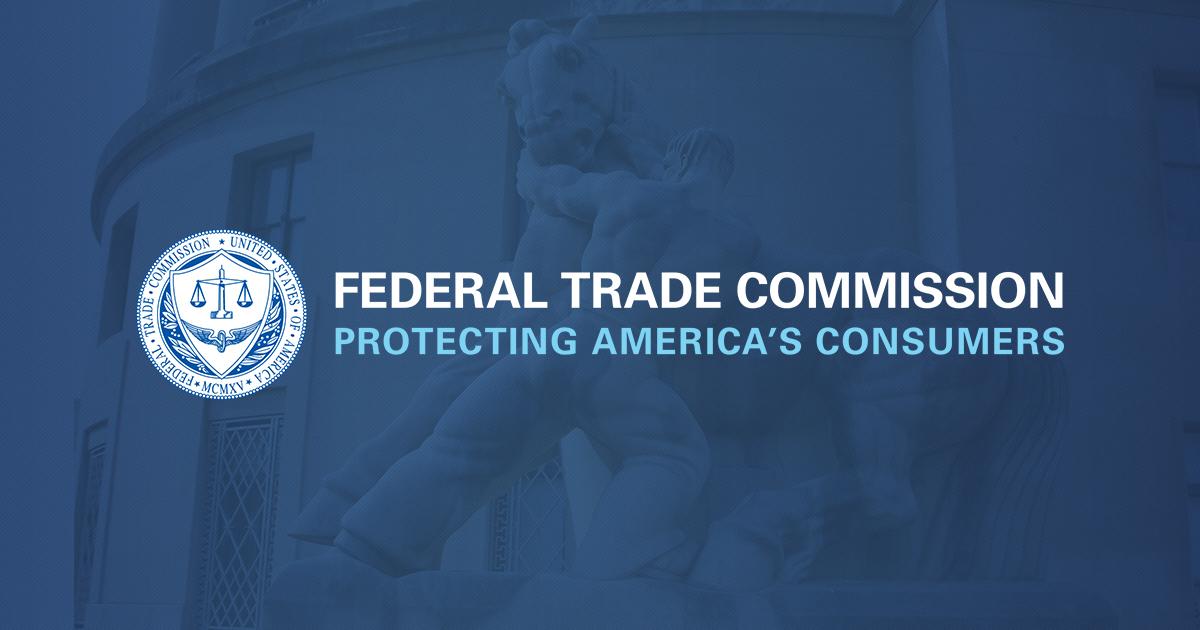The staff of the Federal Trade Commission has recommended that the U.S. Food and Drug Administration reconsider the framework it uses to regulate homeopathic medications because it may appear to conflict with the FTC’s advertising substantiation doctrine in ways that could harm consumers and cause confusion for advertisers.
In a comment submitted to the FDA, the FTC staff states that the FDA should consider amending or repealing its framework for homeopathic medications. The comment was submitted in response to an FDA request for public comment in connection with an April 2015 FDA hearing on this issue.
The staff comment notes that the FDA’s regulatory framework for homeopathic drugs, set forth in a 1988 Compliance Policy Guide, does not require that over-the-counter (OTC) homeopathic drugs be approved by FDA as safe and effective if they satisfy certain conditions, including that the product’s label contains an indication for use. Yet the policy guide does not require sellers to have competent and reliable scientific evidence to support the indication for use.
The comment states that given the FTC’s long-standing advertising substantiation policy that health claims must be substantiated by such evidence the FDA’s current regulatory framework may harm consumers and confuse advertisers.
The comment discusses the mistaken belief by some advertisers that homeopathic products that are in compliance with the FDA policy guide do not have to comply with FTC advertising substantiation requirements. The comment raises the concern that the FDA’s current framework may lead some companies to skirt more stringent regulations for OTC drug products or dietary supplements simply by labeling them as homeopathic or combining homeopathic ingredients with dietary supplements or other non-homeopathic ingredients.
Finally, the comment describes research commissioned by the FTC’s Division of Advertising Practices. This research suggests that most consumers do not understand homeopathy, how the FDA regulates homeopathic drugs, or the level of scientific evidence needed to support health claims for homeopathic products. The staff asks that the FDA take these findings into consideration if it decides to amend or repeal its homeopathic policy guide in the future.
The FTC is hosting a workshop on homeopathic drug advertising in Washington, DC, on September 21, 2015.
The Commission vote approving the staff comment was 5-0.
The Federal Trade Commission works for consumers to prevent fraudulent, deceptive, and unfair business practices and to provide information to help spot, stop, and avoid them. To file a complaint in English or Spanish, visit the FTC’s online Complaint Assistant or call 1-877-FTC-HELP (1-877-382-4357). The FTC enters complaints into Consumer Sentinel, a secure, online database available to more than 2,000 civil and criminal law enforcement agencies in the U.S. and abroad. The FTC’s website provides free information on a variety of consumer topics. Like the FTC on Facebook, follow us on Twitter, and subscribe to press releases for the latest FTC news and resources.

